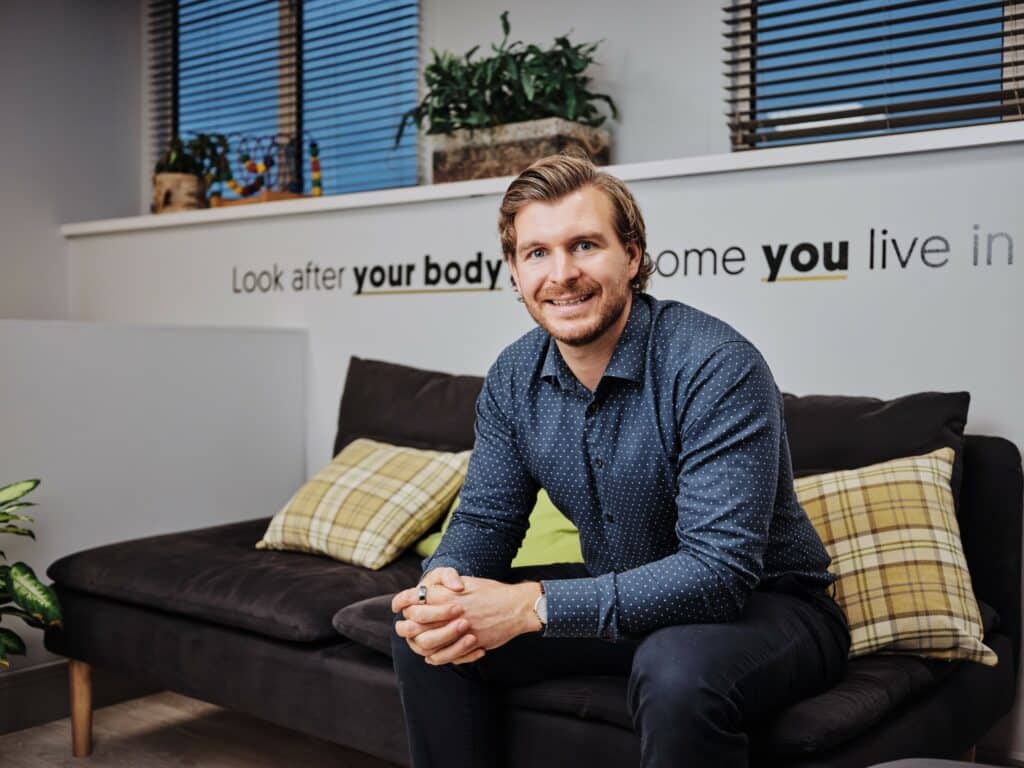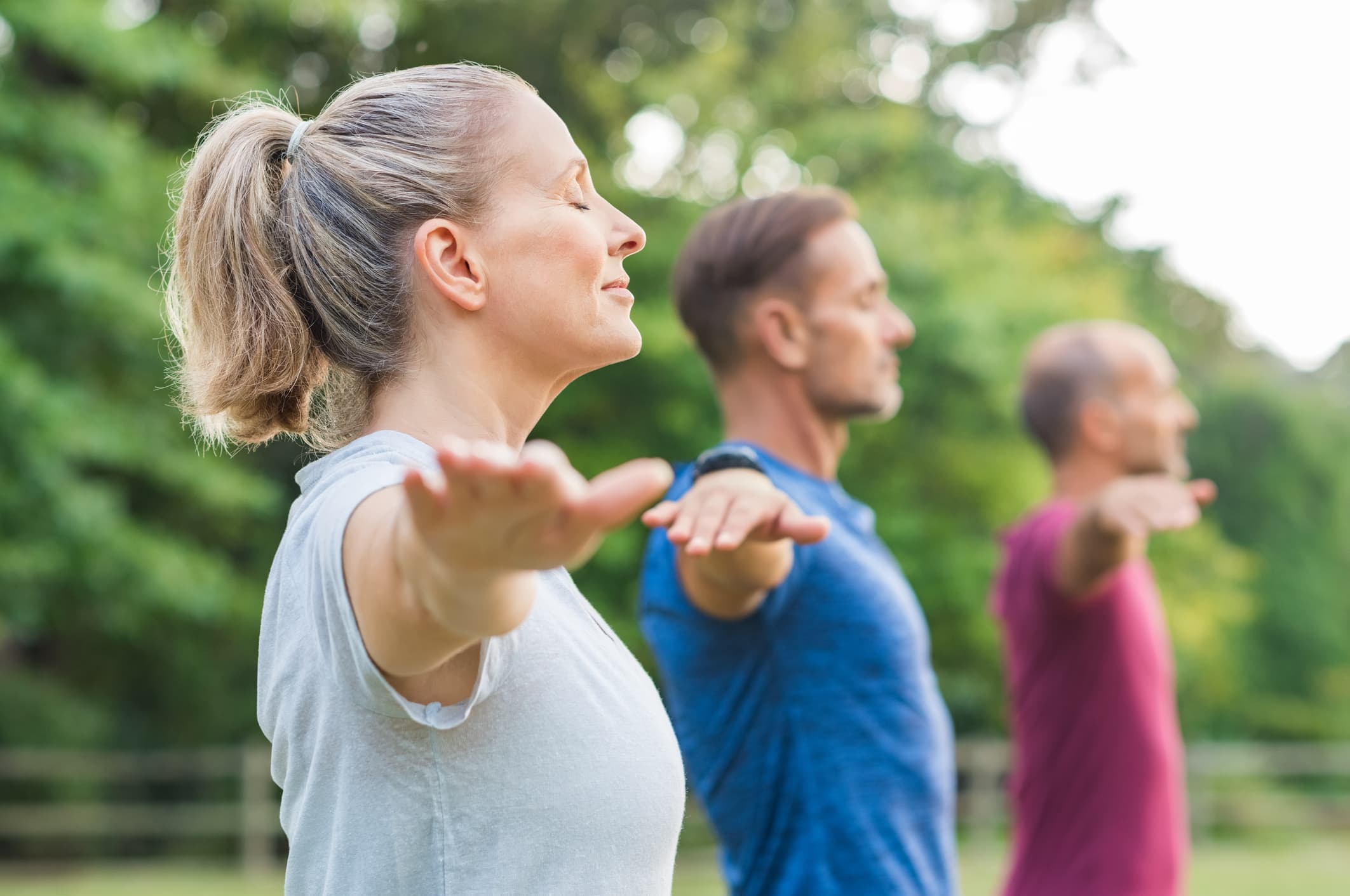Somewhere, we’ve lost our way. Despite evolving as one of nearly 9 million species over the last 7 million years as a part of the broad symbiotic web of nature’s great tapestry, over time, the life we have developed as human beings is no longer interconnected with our roots or in harmony with our surroundings.
Whilst words such as ‘sustainable’ or ‘eco’ may give us a sense of trust and comfort that we’re doing the right thing; they are often inauthentic, misused consumer marketing vocabulary. However, at some point, we’ve all fallen for the apple!
Our actions as a society impart power and control over nature, forgetting that we are of course clearly the weaker of the two, and we do in fact live as a part of nature and nature does not exist as a part of humanity.
Everyday there are examples in the news and all around us of ways we express these traits, and our lifestyle is the biggest reflection.
- In the UK more than 50% of our average food intake is categorised as ‘ultra processed’, meaning that “they are formulated from industrial ingredients and contain little or no intact foods. By their nature they are unhealthy, and should be grouped together, and avoided” (Monteiro CA, Cannon G, Levy RB et al. NOVA, 2016)
- Humans represent just 0.01% of all living things. Yet since the dawn of civilisation, humanity has caused the loss of 83% of all wild mammals and half of plants (Rob Phillips, and Ron Milo et al. The biomass distribution on Earth, 2018)
- Of the 5800 million tonnes of primary plastic no longer in use, only 9 percent has been recycled since 1950 (Ritchie H, Roser M, 2018)
- Over 95% of the world’s population has health problems, with over a third having more than five ailments (The Lancet, 2015)
Whilst we may have become very good at reducing the speed of death and mortality in illness, in the past 33 years, the leading causes of ‘health loss’ have hardly changed. Low back pain, depression, iron-deficiency anaemia, neck pain, and age-related hearing loss resulted in the largest overall health loss worldwide (measured in terms of YLD — Years Lived with Disability — i.e., time spent in less than optimum health) (The Lancet, 2015).
So, what does all this mean?
There is a direct connection between ourselves and nature and therefore the health of the planet.
There is a direct connection between ourselves and nature and therefore the health of the planet. Is it a coincidence that both our species and the planet are sick at the same time?
Which of the following equations are the right way around?
Humans are sick = planet is sick
Planet is sick = humans are sick
Whilst awareness is rising about the damage we have done, saving the planet and working with nature; perhaps we should turn inward and focus on saving ourselves first. If we do, it needs to be an ‘inside out job’, not ‘outside in’.
Healthcare over the last 100+ years has been primarily focused on an ‘outside in’ approach, segmentalising the body and focusing on ‘fixing’ them like a car. I believe this approach hasn’t worked out well for us for one key reason. This approach misses the most vital principle of our makeup; ‘homeostasis’, which is our ability to self-heal and self-regulate when in an environment supporting our natural biological and mental systems.
Is the answer that one approach should be used in isolation to the other? No, we will win by both. First focusing on and investing in our natural ability to be healthy with ways of supporting this holistically from birth throughout life. Whether healthy or sick, our bodies’ natural intelligence can be leveraged.
Secondly, applying the latest advances of modern medicine will allow us to save lives, decrease suffering and increase quality of life when used in conjunction with the above.
Chiropractic is the largest and fastest growing, drug free, surgical free, natural health care system in the world. Just over 125 years old, Chiropractic (translated from the Greek, “practiced by hand”) comes from a natural standpoint that health comes from the inside out and not from the outside in. It is based on the principle that other than rare genetic conditions, humans become less healthy and eventually sick from any one or a combination of three reasons; our thinking and mindset, toxins we consume/ are exposed to, and physical deterioration and traumas we sustain.
There is a natural intelligence or ‘cleverness’ that exists in our body as humans which is expressed through our embryological development, self-regulating systems, brain body control and healing. However, it is impacted when our body becomes incoherent with our internal and/or external environment.
The more ‘stressors’ we experience through thoughts, trauma and toxins, the less our bodies are able to run our ‘internal program’ effectively. This leads to many physical and physiological compensations, dis-ease and eventually disease if not brought back into coherence. Simply put, the less interference there is in your body and life, the easier it is for your ‘natural cleverness’ to create health.
Chiropractic adjustments can help you free yourself of these compensations and interferences that we call ‘subluxations’, as well as help your bodily awareness. This helps bring your brain and body back into coherence facilitating optimal function, healing and health. Routinely being checked and adjusted throughout each of life’s stages not only gives you more capacity to manage stressors in your life but it gives a feeling of much more ease, freedom and calm.
If you value nature you make very different decisions for your health and that of your family. The clothes you wear, the holidays you go on, the cleaning goods you use, the habits you make, the cosmetics and personal hygiene products that you apply, the food you eat and medicine you take are all based on how much you fundamentally value and connect to nature. What works for nature also works for your body.
What harms nature also harms you.
To nurture, truly means to care for, protect and help one develop.
What might a future world look like one day if we symbiotically applied this principle to our own lives as well as our community and the environment? Would you be proud to have contributed to it?


